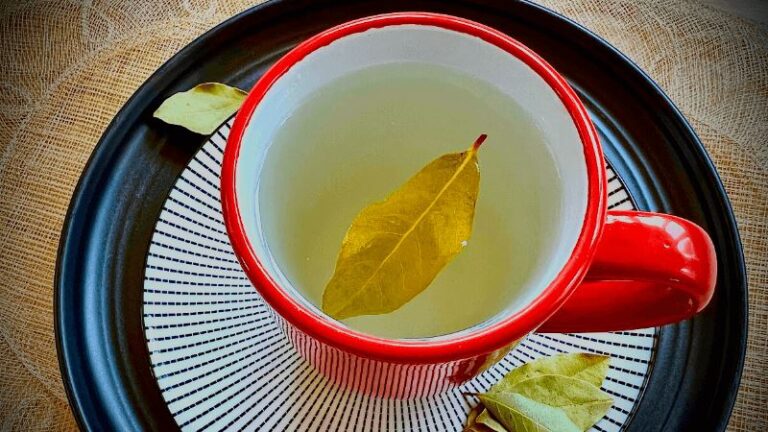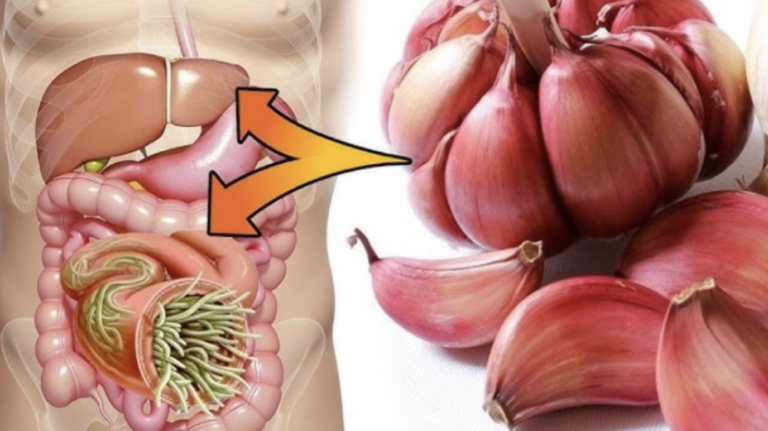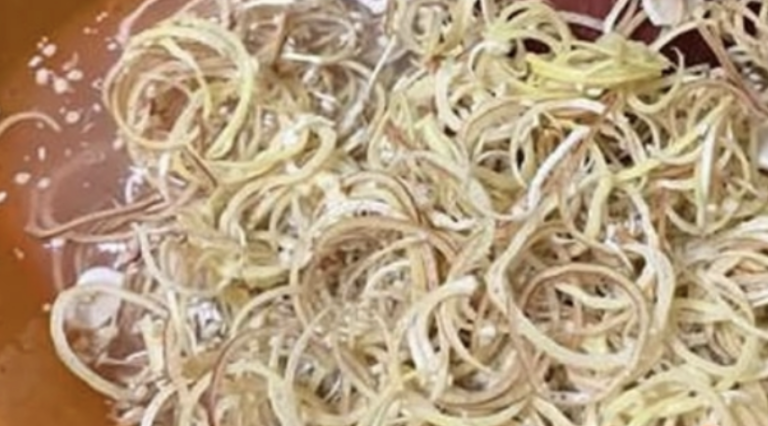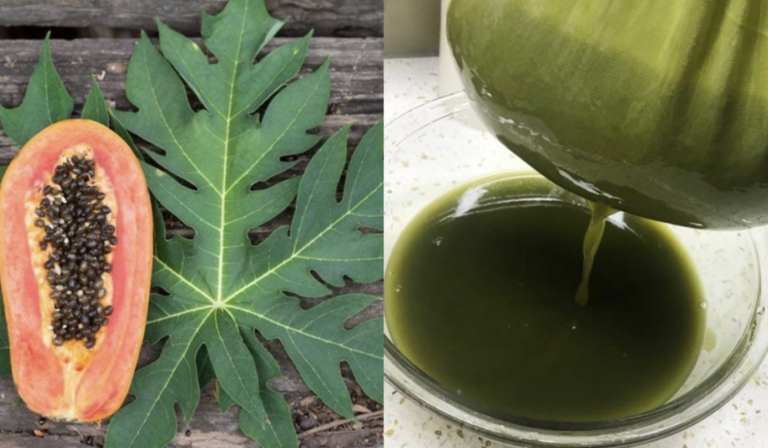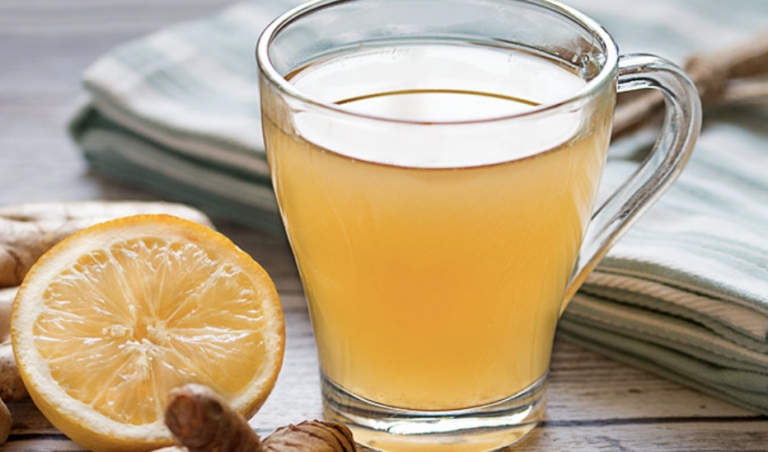Papayas are well-loved for their sweet, juicy fruit and numerous health benefits, but did you know that the leaves of the papaya plant are also packed with incredible healing properties? Often overlooked, papaya leaves have been used in traditional medicine for centuries to treat a variety of ailments and promote overall health. Here are some amazing uses of papaya leaves that you might not know about:
1.Boosts Immunity
Papaya leaves are rich in powerful antioxidants like vitamin C and vitamin E, which help strengthen the immune system and protect the body against infections and diseases. Regular consumption of papaya leaf juice or tea can enhance your body’s natural defenses and reduce the risk of illness.
How to Use:
Prepare a tea by boiling fresh or dried papaya leaves in water for 10-15 minutes. Drink this tea regularly to support your immune system.
2.Fights Dengue Fever
One of the most well-known uses of papaya leaves is in the treatment of dengue fever. The leaves contain compounds that increase platelet count, which is crucial for patients suffering from this mosquito-borne disease. Papaya leaf extract is often recommended as a natural remedy to help manage the symptoms of dengue and speed up recovery.
How to Use:
Crush fresh papaya leaves to extract the juice. Drink 1-2 tablespoons of the juice twice daily to help increase platelet count during dengue fever.
3.Improves Digestion
Papaya leaves are a natural digestive aid, thanks to the presence of enzymes like papain and chymopapain. These enzymes help break down proteins, aiding in digestion and preventing issues like bloating, constipation, and indigestion. Papaya leaves can also help cleanse the digestive tract and promote the growth of healthy gut bacteria.
How to Use:
Drink papaya leaf tea after meals to support digestion and alleviate digestive discomfort.
4.Supports Liver Health
The detoxifying properties of papaya leaves make them beneficial for liver health. The leaves help cleanse the liver of toxins, support its function, and may even aid in the treatment of liver diseases such as jaundice and cirrhosis. Regular consumption of papaya leaf juice or tea can help maintain a healthy liver and promote overall detoxification.
How to Use:
Drink papaya leaf tea or juice regularly to support liver health and detoxification.
5.Reduces Inflammation
Papaya leaves have strong anti-inflammatory properties, making them effective in reducing inflammation throughout the body. This can be particularly beneficial for people suffering from chronic inflammatory conditions such as arthritis, asthma, and inflammatory bowel disease (IBD). The antioxidants in papaya leaves also help neutralize free radicals, further reducing inflammation and preventing cellular damage.
How to Use:
Consume papaya leaf extract or tea to help manage chronic inflammation and reduce pain and swelling.
6.Promotes Healthy Skin
Papaya leaves are rich in vitamins A and C, both of which are essential for maintaining healthy skin. These vitamins help boost collagen production, improve skin elasticity, and reduce the appearance of fine lines and wrinkles. The antibacterial and antifungal properties of papaya leaves also make them effective in treating skin conditions like acne, eczema, and fungal infections.
How to Use:
Apply a paste made from crushed papaya leaves to the skin to treat acne or fungal infections.
Use papaya leaf extract as a natural toner to improve skin texture and reduce blemishes.
7.Regulates Blood Sugar Levels
For those dealing with diabetes, papaya leaves can be a natural way to help regulate blood sugar levels. The leaves contain compounds that improve insulin sensitivity and reduce blood sugar levels, making them beneficial for managing diabetes and preventing complications related to high blood sugar.
How to Use:
Drink papaya leaf tea or take papaya leaf extract regularly to help manage blood sugar levels.
8.Promotes Hair Growth
Papaya leaves can also work wonders for your hair. The leaves contain nutrients that strengthen the hair follicles, reduce dandruff, and promote healthy hair growth. The antifungal properties of papaya leaves can also help treat scalp infections, which can contribute to hair loss.
How to Use:
Boil papaya leaves in water and use the cooled liquid as a hair rinse to promote hair growth and reduce dandruff.
Apply papaya leaf extract directly to the scalp to treat infections and improve hair health.
How to Prepare and Use Papaya Leaves
There are several ways to prepare and use papaya leaves, depending on the health benefits you’re looking to achieve:
Tea: To make papaya leaf tea, boil fresh or dried leaves in water for 10-15 minutes, then strain and drink. This method is great for supporting digestion, boosting immunity, and promoting liver health.
Juice: Extract the juice from fresh papaya leaves by crushing them and squeezing out the liquid. The juice can be taken directly or mixed with water or juice to dilute the bitter taste. Papaya leaf juice is particularly effective for treating dengue fever and regulating blood sugar levels.
Poultice: Crush fresh papaya leaves to create a paste, which can be applied directly to the skin to treat acne, fungal infections, or minor wounds.
Hair Rinse: Boil papaya leaves in water, allow the mixture to cool, and use it as a rinse after shampooing to promote healthy hair growth and reduce dandruff.
While papaya leaves offer numerous health benefits, it’s important to use them with caution. The leaves have a bitter taste and can be quite potent, so it’s best to start with small amounts and gradually increase the dosage. If you’re pregnant, breastfeeding, or taking medications, consult with a healthcare provider before using papaya leaves, especially in medicinal quantities.
Papaya leaves are an amazing natural remedy with a wide range of health benefits. From boosting immunity and fighting dengue fever to improving digestion and promoting healthy skin and hair, these leaves are a versatile and powerful addition to your wellness routine. The next time you enjoy a delicious papaya, remember that the leaves of this plant are just as valuable as the fruit itself. Explore the incredible uses of papaya leaves and discover how they can enhance your health and well-being.

